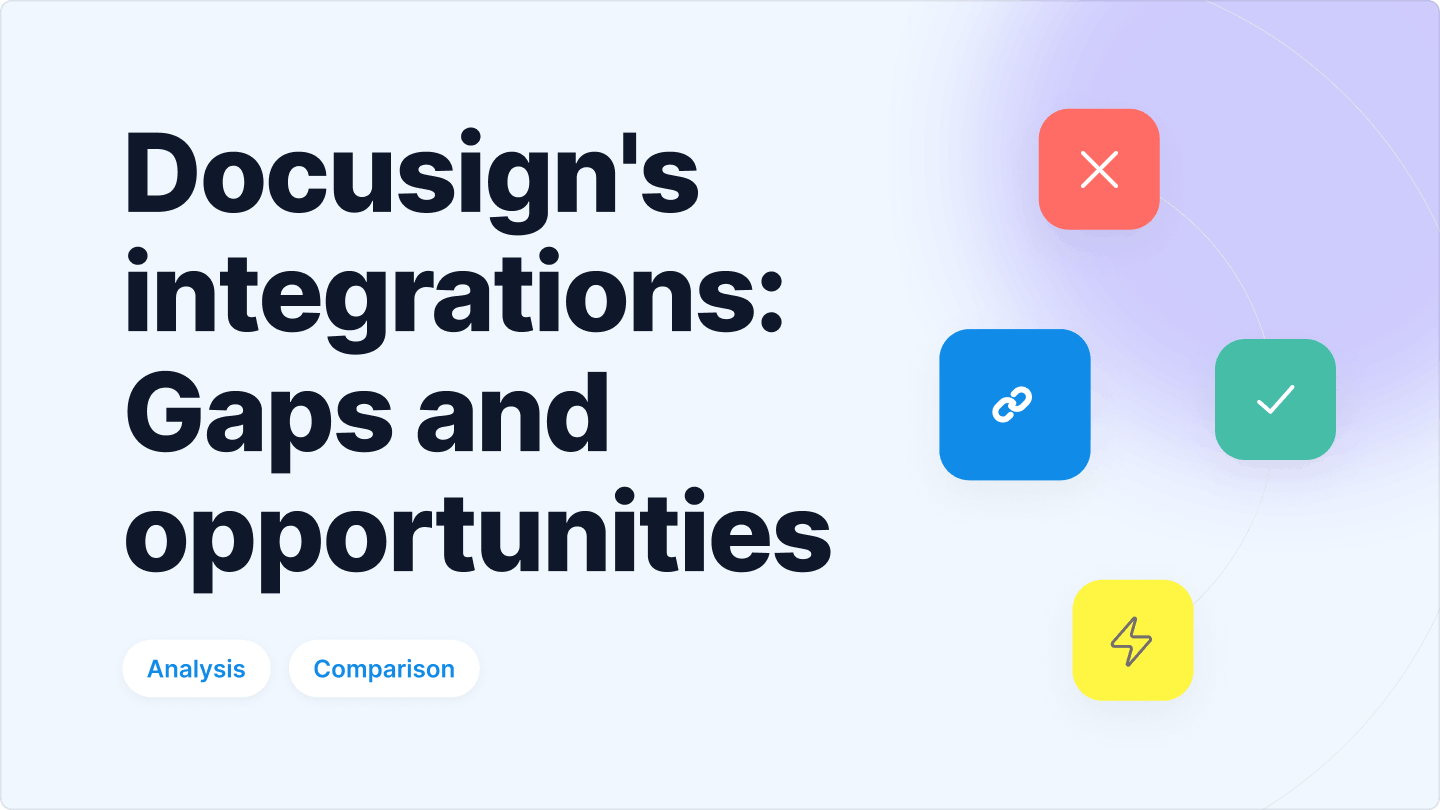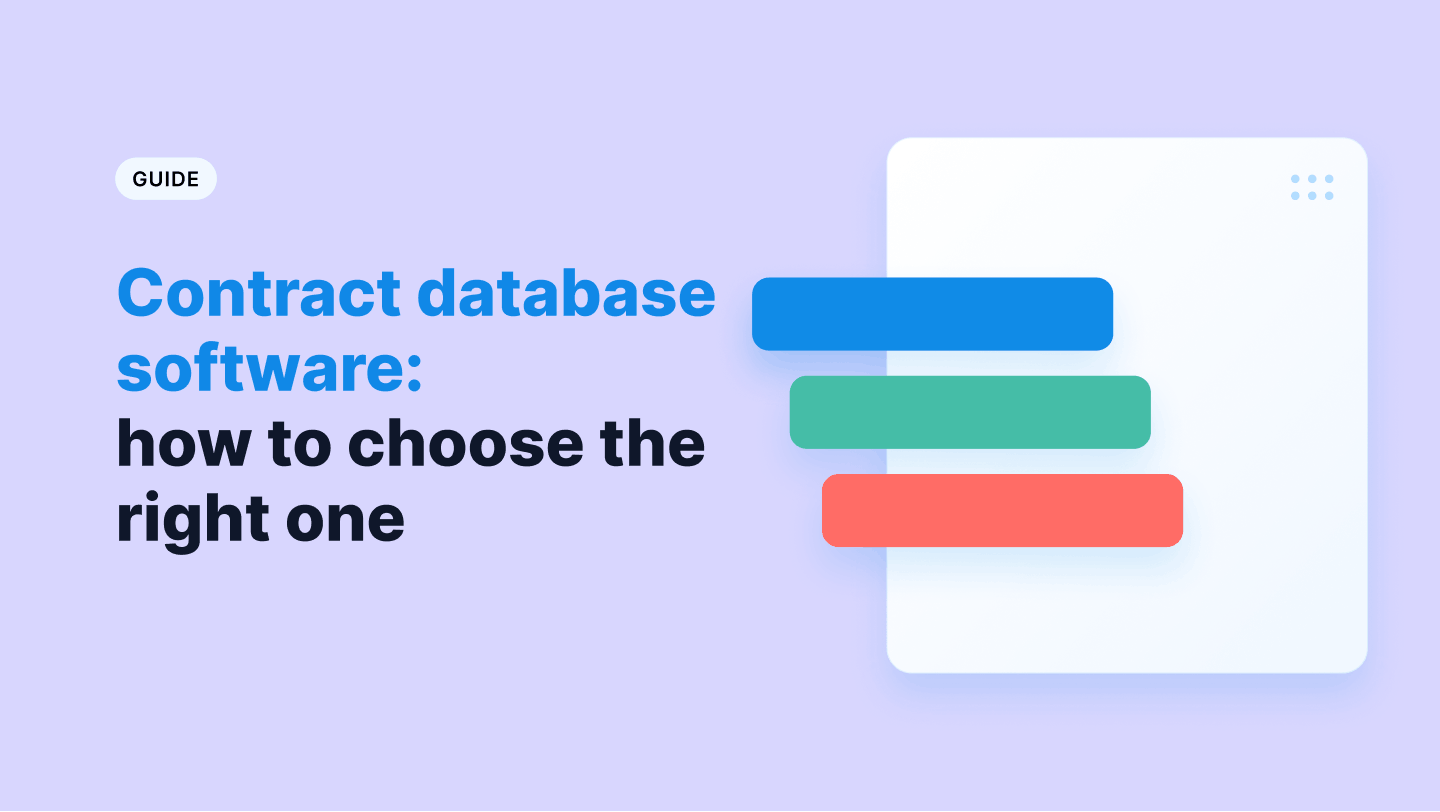One size fits all approach does not typically apply to contracts. Considering the unique circumstances, terms, and conditions, there exist various types of contracts. And the particular provisions and conditions of each contract are designed to address the specific requirements of the parties involved.
The most common types of contracts include sales contracts, lease agreements, employment contracts, service agreements, non-disclosure agreements, non-compete agreements, partnership agreements, licensing agreements, construction contracts, and purchase agreements. Specialized industries also use unique agreements like two-way contracts in professional sports.
The diversity allows flexibility and specificity in addressing the unique needs and circumstances of different transactions and relationships.
Definition of contracts
A contract is an agreement between two or more parties to fulfill an obligation in exchange for something of value. It ensures that both parties fulfill their obligations as promised while protecting their interests.
Contracts are important in business because they create official agreements between people or companies. They define what each person or company must do and what they can expect in return. Contracts help reduce risks, protect everyone’s interests, and provide a way to solve problems if something goes wrong. They make business transactions clear, fair, and enforceable, which helps build trust and makes things run smoothly.
What are the different types of contracts?
Contracts can be grouped into different types based on things like what people have to do, how they are made, if they can be enforced, how long they take to complete, what they are for, and any special rules that apply to them.
Knowing different types of contracts helps the parties identify favorable terms and conditions, negotiate amendments, and make informed decisions. The knowledge empowers parties to protect their interests and achieve mutually beneficial agreements and reduces the risk of breaches. Also promotes contract management.
Express and implied contracts
These are two different types of contracts based on how they are formed.
Express contracts
An express contract is formed through explicit agreement, whether in writing or verbally. The parties involved clearly state their intentions and reach a mutual understanding of the terms and conditions of the contract. These contracts are created through direct communication, where the terms are expressly articulated and agreed upon by the parties.
Express contracts encompass a variety of contract types, including sales contracts, service agreements, employment contracts, lease agreements, construction contracts, non-disclosure agreements, and partnership agreements, where the terms and conditions are explicitly stated.
Implied contracts
An implied contract refers to an agreement where your action determines the acceptance of the
contract rather than the explicit words or written documentation. That means the terms and conditions of the agreement need not be stated or declared, but simply implied or inferred from the behavior or circumstances of the parties involved. Implied contracts arise when there is an expectation of an agreement based on the actions, customs, or industry norms of the parties.
These include contracts for goods or services, quasi-contracts to prevent unjust enrichment, implied employment contracts, implied warranty contracts, and implied agency contracts, arising from the actions, conduct, or circumstances of the parties involved.
Unilateral and bilateral contracts
These are two different types of contracts based on the nature of the obligations involved.
Unilateral contracts
A contract where one party makes a promise or undertakes an obligation in exchange for a specific action or performance from the other party is said to be a unilateral contract. The contract becomes binding only when the action or performance is completed. Here, the offeree is not obliged to act upon the offers. Whereas, if the offeree performs the task, the offeror must act as per the promise specified in the contract.
Contracts under unilateral contracts include reward contracts, contest contracts, certain types of insurance contracts, performance-based contracts, publishing contracts, and scholarships and grants.
Bilateral contracts
A bilateral contract is where both parties exchange promises and are obligated to fulfill their respective obligations. The contract determines the obligation of both parties. This is the more common type of contract where both parties have mutual obligations and expectations.
Contracts that come under bilateral contracts include purchase contracts, employment contracts, service contracts, lease agreements, partnership agreements, and many other types of agreements where both parties exchange mutual promises or obligations. Professional sports leagues also use specialized bilateral agreements like two-way contracts in the NBA and NHL.
Executed and executory contracts
These are two different types of contracts based on their level of performance.
Executed contracts
An executed contract is a contract where all the outlined obligations have been performed by the parties involved. Meaning, each party has completed their share of duties and all the terms and conditions of the contract have been satisfied. Once an executed contract is fulfilled, all parties are typically discharged from any further obligations or responsibilities.
Examples of executed contracts include completed sales contracts, finished service agreements, fulfilled employment contracts, and other types of agreements where both parties have successfully performed their respective responsibilities.
Executory contracts
A contract that is yet to be fully performed or executed is called an executory contract. Here, one or more parties still have obligations to complete. The executory contract specifies underperformed obligations and may set out a specific time for them to be performed
Executory contracts encompass agreements such as construction contracts, rental agreements, employment contracts, service contracts, installment purchase contracts, lease agreements, and licensing agreements, where one or both parties still have outstanding obligations to fulfill.
Formal and informal contracts
These are two different types of contracts based on their level of formality and enforceability.
Formal contracts
A formal contract is a legally enforceable agreement between two parties that sets out all legally binding obligations. The contract specifies substantive terms and obligations of respective parties in a written document to be valid and enforceable. And that eliminates ambiguity concerning the terms and conditions.
These contracts are often in writing and may require signatures, seals, or notarization. Formal contracts are typically used for significant or complex transactions and have a higher level of legal enforceability.
Examples of formal contracts include contracts for the sale of real estate, loan agreements, employment contracts, intellectual property licensing agreements, partnership agreements, and contracts governed by the Statute of Frauds.
Informal contracts
An informal contract is a type of contract that doesn’t require any legal involvement to be considered enforceable. They can be formed orally or through informal written communication. The contract is formed based on trust. Therefore, it is also known as simple contracts, parol contracts, or social contracts. Informal contracts are commonly used for everyday transactions or agreements of relatively lower value or complexity.
Examples of informal contracts include buying goods from a store, hiring a service provider, or lending a small amount of money to a friend.
However, you must avoid such a contract if there’s no trust in the other party you are contracting with, as it would be difficult to hold up the contract in court, in case of any disputes. The lack of legally binding terms makes it difficult to prove the agreed-upon terms.
Conditional and unconditional contracts
These are two types of contracts based on the presence or absence of certain conditions.
Conditional contracts
Conditional contracts are agreements where the parties' obligations and the contract's enforceability are contingent upon the occurrence or non-occurrence of specified conditions. The parties’ obligations become binding only if the conditions stated in the contract are met, such as the completion of certain events, actions, circumstances, etc. In case the conditions are not met, the contracts can be regarded as null and void—understanding this meaning is crucial for conditional agreements.
Agreements such as purchase agreements, employment contracts, construction contracts, lease agreements, licensing agreements, and partnership agreements, are types of conditional contracts where the parties’ obligations and the contract’s enforceability depend on the occurrence or non-occurrence of specified conditions.
Unconditional contracts
Unconditional contracts are agreements where the parties' obligations are not subject to any conditions or contingencies. Once the contract is formed, the parties are immediately obligated to perform according to the terms and conditions stated in the contract. There are no additional requirements or events that need to occur for the contract to be enforceable.
Examples of unconditional contracts include agreements such as sales contracts, simple service agreements, standard employment contracts, unilateral promises, and donation contracts, where the parties obligations are not subject to any conditions or contingencies and immediate performance is expected.
How to choose the right type of contract?
Consider these factors to ensure that the chosen contract type aligns with the transaction, protects the parties’ interests, and reduces the likelihood of disputes.
- Consider the nature, complexity, and value of the transaction.
- Understand the legal requirements and formalities applicable to the specific contract.
- Assess the desired level of flexibility and the need for risk mitigation.
- Take into account the dynamics and relationship between the parties.
- Seek professional advice, especially for complex or significant transactions.
Manage your contracts with Signeasy
Contract workflow management is crucial for businesses as it is pivotal in streamlining and optimizing the entire contract lifecycle, from creation to execution and beyond. Inefficient contract workflows can result in time wastage, errors, and missed opportunities. With contract workflow software, businesses can automate and standardize their contract processes, increasing efficiency and productivity.
Signeasy is a user-friendly platform for electronic signatures and contract workflows, allowing businesses to sign, send, and track contracts quickly and securely. Businesses can significantly reduce turnaround times and improve overall productivity. Signeasy offers scalability, allowing businesses to handle a larger volume of contracts while maintaining efficiency and accuracy.
You can now book a free trial to learn more and explore all features.












